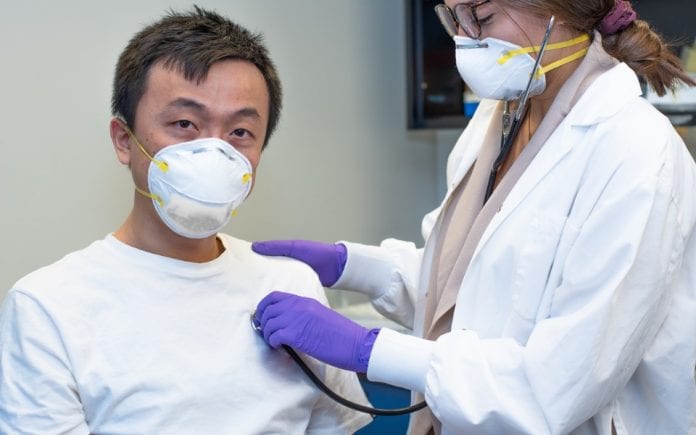
[ad_1]
The Asian country deployed technology, but also worked around social interventions like contact tracing, quarantine and isolating cases

As the world contemplates over what it has learnt from the COVID-19 pandemic, it is becoming increasingly evident that social interventions and not just technological ones will help tide the future waves, reveals a latest House of Commons report on the United Kingdom’s response to the pandemic.
The report looks at South Korea’s response and success in combating the pandemic early on as ideal and worth emulating, but criticises the UK government for wrongly believing that the same model won’t work in their country.
South Korea, the report states, tells us that technology-based solutions can provide protection against a disease, but they won’t work unless social interventions are in place too.
While South Korea deployed technology, it also worked around tried and tested social interventions like contact tracing, quarantine and isolating cases.
The world needs to realise that apt use of technology and such social interventions will go a long way in combating pandemics in future.
The UK government was quite confident that its test-trace-isolate system is unique and most effective. Yet, it did not give the desired results, the House of Commons report states. While the major part of the world resorted to lockdowns, South Korea stood out with its exceptional method, which did not endorse complete lockdown. Of course, the country resorted to curbs on businesses, but not full lockdowns and sealing of borders. All the while the Asian country managed to keep its COVID positive case count in check.
Also read: COVID booster dose will be available next year: Poonawalla
One area where South Korea acted very swiftly was introducing quarantine for people travelling in from other countries. This measure clubbed with test-trace-isolate worked wonders for South Korea.
Of course, the country used technology like mobile phones to trace suspected cases, but once a positive patient is found, the steps that followed are mostly human driven.
Local level officials are assigned for affected individuals and their families to set up a regular communication line till the 14-day self-isolation ends. The officials provide stay-at-home kits to meet patients’ day-to-day demands…all the while respecting the person’s privacy.
The stay-at-home kits include food, thermometer, face masks, sanitisers and have the option for customization just in case the patient has some special needs, like medicines for hypertension and diabetes and even pet food.
The case official, laced with mobile technology, is the infected person/family’s primary point of contact and is responsible for keeping them in self-isolation. To the extent that he/she can also provide support with banking requirements, if the need arises.
This constant companionship encourages compliance by creating a social bond instead of compelling them to follow isolation.
The proof of the success of South Korea model is confirmed by published data that shows non-compliance with self-isolation rules has been extremely low in South Korea. Those who do break the self-isolation rule are deprived of financial support from the government.
The media too chips in with daily reporting of the number of people not adhering to social distancing norms. The daily number hasn’t crossed 4, in a countru of 55 million people!
The United Kingdom’s House of Commons report says that if the local government decided to follow the South Korea model, then they need to use high-tech surveillance and comprehensive digital contact tracing in tandem.
[ad_2]
Source link
